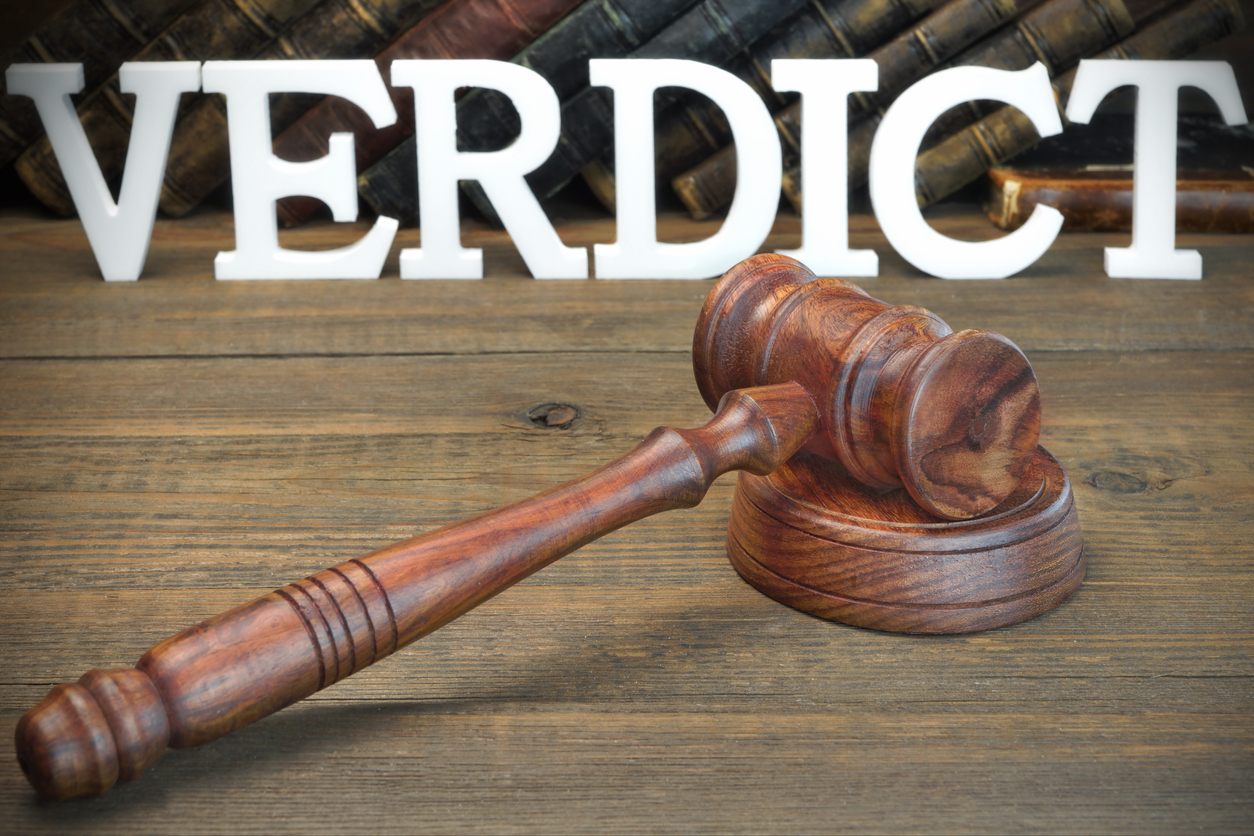In August 2008, Colorado created a statutory bad faith claim of action for first-party policyholders not only separate and distinct from a claim for common law bad faith breach of an insurance contract, but establishes a much more reasonable threshold to prevail against an insurer under Colorado Revised Statute § 10-3-1115 and Colorado Revised Statute § 10-3-1116.
Most importantly, the statute provides significant recourse for a successful policyholder in the form of:
- Two times the covered benefit,
- attorneys’ fees, and
- court costs
To bring a claim for statutory bad faith under § 10-3-1115 and § 10-3-1116, the party(s) asserting the claim must have entitlement to benefits owed directly to or on behalf of an insured under an insurance policy. However, this does not include any nonparticipating provider performing services or a person asserting a claim against an insured under a liability policy.
Finally, the party asserting the claim must establish:
- The insurer delayed or denied authorizing payment of a covered benefit, and
- the insurer had no reasonable basis for delaying or denying the covered benefit.
Colorado Revised Statute § 10-3-1116 does not require proof of actual damages. Rather, a policyholder’s recovery is determined by the amount of the “covered benefit” in dispute. Therefore, the right of action is sufficient by itself without the need for an accompanying breach of contract claim, allowing a policyholder to recover two times the “covered benefit” even when the benefit is ultimately paid and no actual damages are sustained.
In passing this bad faith statute, Colorado has provided protection to its policyholders and a strong remedy against the insurers that unreasonably delay and/or deny valid claims.



